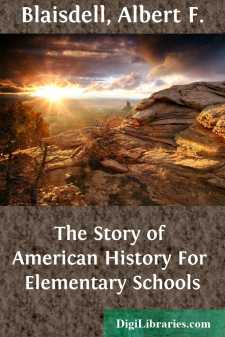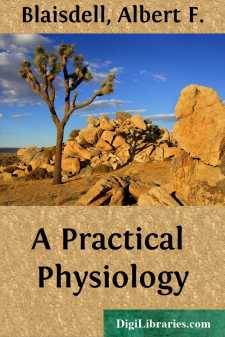Categories
- Antiques & Collectibles 13
- Architecture 36
- Art 48
- Bibles 22
- Biography & Autobiography 815
- Body, Mind & Spirit 144
- Business & Economics 28
- Children's Books 18
- Children's Fiction 14
- Computers 4
- Cooking 94
- Crafts & Hobbies 4
- Drama 346
- Education 58
- Family & Relationships 59
- Fiction 11829
- Games 19
- Gardening 17
- Health & Fitness 34
- History 1378
- House & Home 1
- Humor 147
- Juvenile Fiction 1873
- Juvenile Nonfiction 202
- Language Arts & Disciplines 89
- Law 16
- Literary Collections 686
- Literary Criticism 179
- Mathematics 13
- Medical 41
- Music 40
- Nature 179
- Non-Classifiable 1768
- Performing Arts 7
- Periodicals 1453
- Philosophy 65
- Photography 2
- Poetry 896
- Political Science 203
- Psychology 44
- Reference 154
- Religion 515
- Science 126
- Self-Help 85
- Social Science 82
- Sports & Recreation 34
- Study Aids 3
- Technology & Engineering 59
- Transportation 23
- Travel 463
- True Crime 29
Our website is made possible by displaying online advertisements to our visitors.
Please consider supporting us by disabling your ad blocker.
The Story of American History For Elementary Schools
Description:
Excerpt
CHAPTER I.
AMERICA IN THE OLD DAYS.
1. The Story of our Country.âWe are sure that every intelligent and patriotic American youth must like to read the story of our country's life. To a boy or girl of good sense no work of fiction can surpass it in interest or power.
How delightful to let the imagination summon up the forms and the deeds of the fearless Norse sailors who dared to cross the unknown seas in their frail and tiny vessels without compass and without charts! How interesting the oft-told but ever-fresh narrative of the intrepid Columbus and his memorable first voyage into and across the "Sea of Darkness"! What romance was ever more exciting than the stories of the fierce struggles between the white men and the Indians for existence and supremacy on this continent?
How deep the pathos of the simple tales that tell of the patient sufferings, the severe toils, the ever-present dangers, and the heroic self-denials of the early colonists in making for themselves homes in the New World! How richly suggestive are those pages that record the glorious events of our American Revolutionâthe splendid and immortal deeds of Washington and his illustrious associates!
Then there is the thrilling account of the most tremendous civil war in all history, with its four million soldiers, its two thousand battles, and its preservation of the Union.
And to come down to a time within the memory of every schoolboy, the echoes of the Spanish-American conflict have hardly yet died away. The story of this short war in the summer of 1898 still rings in our earsâwith its astounding naval victories at Manila and Santiago, the freedom of Cuba, and the destruction of the last vestige of the once mighty Spanish supremacy on this western continent!
2. Lessons of Wisdom and Inspiration to be learned.âBut beyond and above all mere gratification and pleasure to be derived from the study of our country's history, there are in it lessons of wisdom to be learned, there is inspiration to noble living, there is an uplifting of the soul to a higher plane of thought and sentiment, there is constant aid in the development and upbuilding of manly and womanly character.
And when we think of the marvelous growth of less than three centuries which, beginning with the infant colonies of Jamestown and Plymouth, has made us a nation of more than seventy millions; when we think of the wonderful record of trial and triumph and unceasing progress, and of the great and good and wise men that have laid the foundations and reared the superstructure of this mighty temple of liberty,âwe must be blind indeed and ungrateful beyond expression not to recognize with devout thankfulness the guiding hand of a beneficent Providence.
America, under God, stood at Plymouth for religious freedom; in the Revolution, for independence; in our civil war, for the preservation of the Union. She now stands for humanity, civilization, and the uplifting of the whole race.
3. The People of Ancient America.âWise men who have made a special study of the subject tell us that this country has been continuously inhabited by generations of men for many thousands of years. Rude tools, and human skulls, intermingled with bones of animals of species long extinct, have been found in caves or dug out of deep layers of earth; and they indicate that in the Mississippi valley and on the Atlantic and Pacific slopes there lived, perhaps hundreds of ages ago, men of a low grade of culture.
In the great museumsâas the Smithsonian Institution at Washington, the Peabody Museums at Cambridge and New Haven, and the natural history rooms at New York and elsewhereâmay be seen thousands of the relics of vanished races of men and animals that once inhabited this continent.
4. The Red Men or Indians.âThe Indians constitute a race by themselves....



